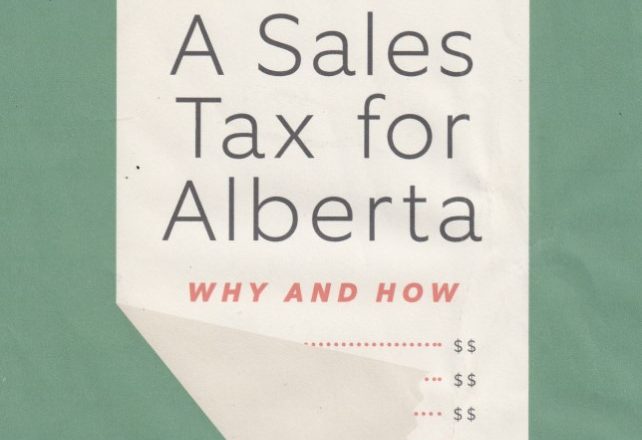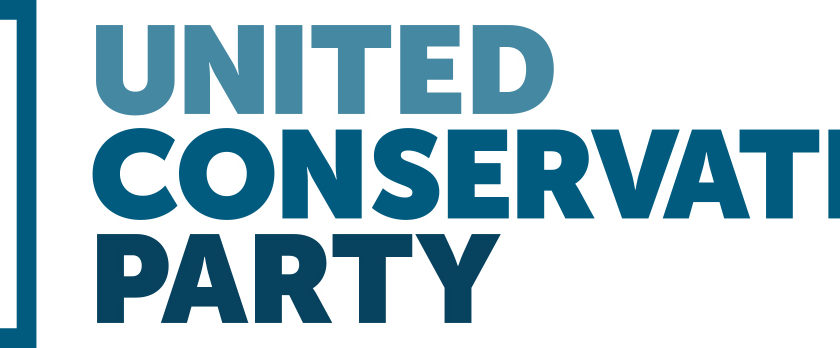Alberta PST- ESNA presentation
On Friday 21 October 2022, I made a presentation, along with two collaborators Ian Glassford and Elizabeth Smythe to the Economics Society of Northern Alberta on A Sales Tax for Alberta- Why and How published in June by Athabasca University Press.
Here is the link to the Youtube channel of ESNA.
Below are my slides for the presentation.
Much of the question and answer session had much to do with the question of whether personal income tax is essentially a tax on consumption and why would you need to add another sales tax which is not progressive, unlike the personal income tax. Of course the progressivity of personal income tax is debatable given the vast number of specific credit and treatments on savings instruments which disproportionately benefit the well-off.
The...


